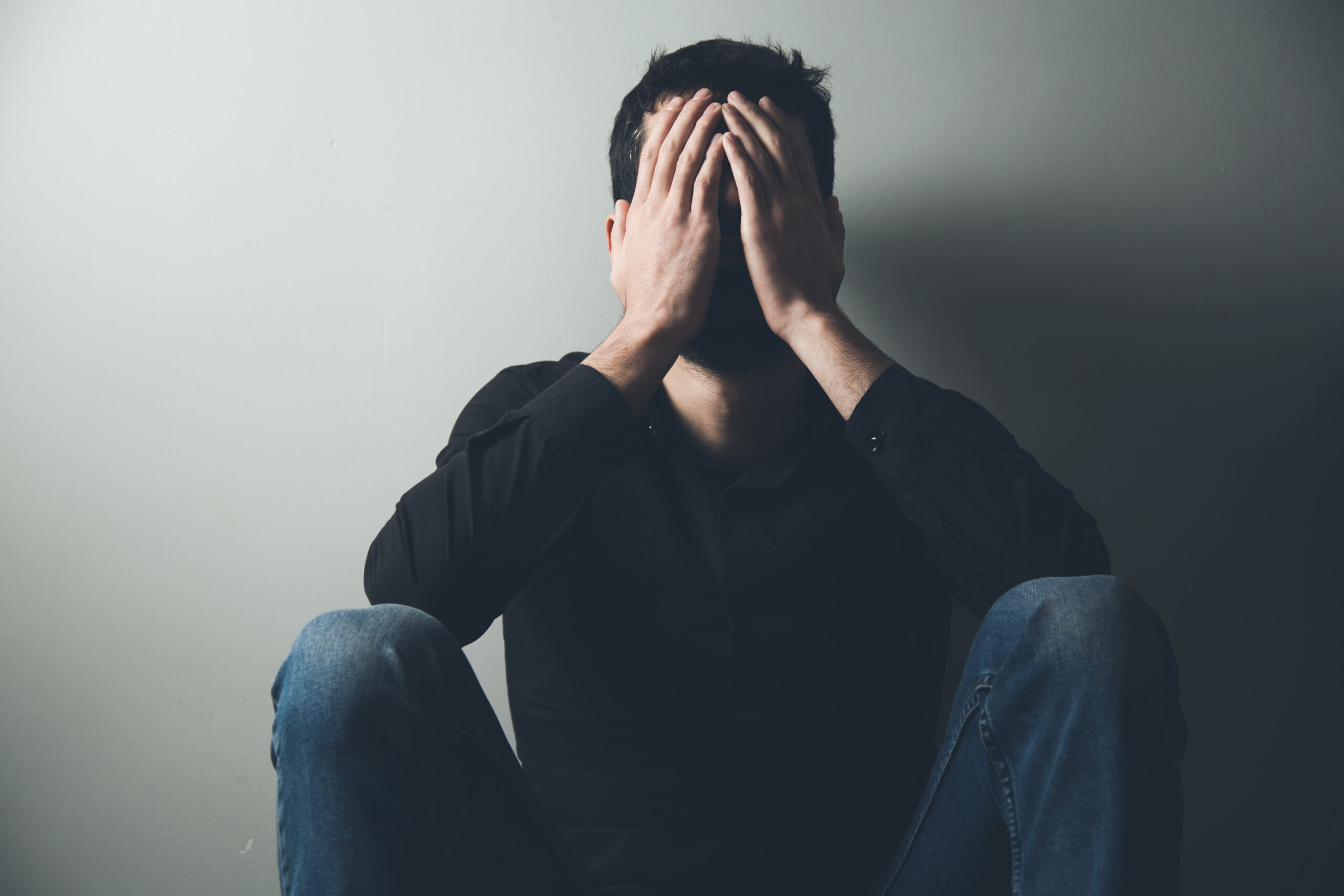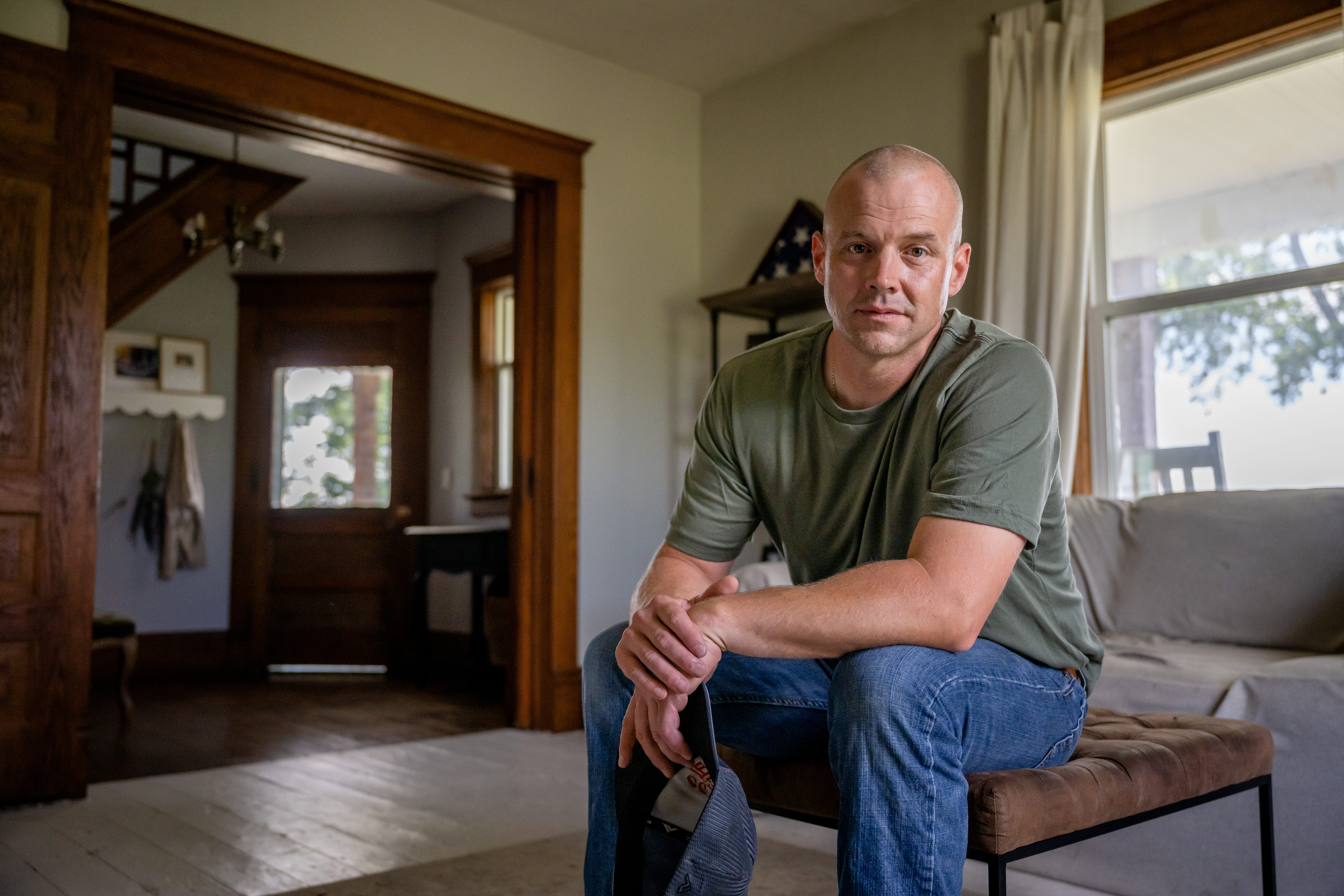Treating Self Harm in Atlanta, Georgia
Self Harm Treatment
Cutting and self-harm are challenging issues that require professional help to overcome. At our self harm treatment program in Atlanta, GA we can help you find lasting wellness & healing.

Treating Self Harm in Atlanta, Georgia
Learning Self-Love & Healing
Self-harm, also known as non-suicidal self-injury (NSSI), is a serious issue that affects people of all ages and backgrounds. Individuals who engage in self-harming behaviors often use it as a way to cope with overwhelming emotional pain, anxiety, or stress. At Resilience Behavioral Health, we understand the complexities of self-harm and are dedicated to providing compassionate, evidence-based self harm treatment in Atlanta to help individuals regain control over their lives and develop healthier coping mechanisms.














Most Insurance Can Pay for up to 100% of the cost of treatment
We Work With Most MajorInsurance Companies
We understand the financial challenges of seeking treatment for mental health & substance abuse issues. Our team is committed to working with your insurance provider to assess your needs and benefits, ensuring you get the best possible care without added financial stress. Contact us today to find the right treatment plan for you.
what exactly is it?
Understanding Self Harm
Self-harm refers to the deliberate infliction of physical injury on oneself, often as a way to relieve emotional distress. It can take various forms, such as cutting, burning, scratching, or hitting oneself. While self-harm is not a suicide attempt, it can indicate deep psychological struggles and may increase the risk of future suicide attempts. People who engage in self-harm often report feeling numb or overwhelmed, and the act of self-injury serves as a temporary release or way to feel “something” in moments of emotional numbness.
The reasons behind self-harm can vary greatly from person to person. Some individuals use it as a way to express emotions they cannot put into words, while others may use it as a form of punishment or control over their lives. It is crucial to understand that self-harm is not a sign of weakness or attention-seeking behavior but rather a complex and often misunderstood coping mechanism.

get immediate help right now - let us give you a call
Request a 100% Confidential Callback
how does self harm happen? what does it look like?
Recognizing The Signs of Self-Harm
Identifying self-harm behaviors can be difficult, but recognizing the signs is essential for timely intervention. Common indicators include:
- Physical Evidence: Unexplained cuts, scars, bruises, or burns on the body.
- Emotional Distress: Persistent feelings of sadness, anxiety, or anger that feel overwhelming.
- Withdrawal from Social Activities: Isolating from friends and family or avoiding once-enjoyed activities.
- Changes in Behavior: Sudden shifts in mood or personality, including increased irritability or agitation.
- Substance Abuse: Using alcohol or drugs to cope with emotional pain.
If you or someone you know is displaying these signs, it’s crucial to seek help immediately. At Resilience Behavioral Health, we specialize in self harm treatment in Atlanta, emphasizing healing and recovery in a safe and supportive environment.
Self-harm is more common than many realize, affecting people across a wide range of ages and backgrounds. Research reveals that approximately 1 in 5 adolescents will engage in self-harming behaviors at some point in their lives. This number may be even higher among college students, with estimates suggesting that around 15% to 20% have experienced self-harm.
These behaviors are not confined to any specific demographic; they impact individuals of all genders, ethnicities, and socioeconomic statuses. However, studies indicate that young women are more likely to report self-harm than their male counterparts, although this gap is gradually closing as awareness around mental health issues increases across all demographics.
Self-harm is often associated with various mental health disorders, including depression, anxiety, and borderline personality disorder. For many, self-harming acts serve as a way to cope with emotional distress, stress, or overwhelming feelings.
It’s essential to recognize that self-harm often occurs in secrecy. Many individuals may hesitate to disclose their behaviors due to fear of judgment, stigma, or a lack of understanding surrounding mental health. This silence can obscure the true prevalence of self-harm in society.
Recognizing how widespread self-harm behaviors are is vital for creating an environment of empathy and support. By fostering awareness, we can help reduce stigma and encourage individuals to seek the help they need, ultimately leading to healthier coping mechanisms and improved mental health outcomes.
What to expect at our programs for self-harm in atlanta
Treatment for Self-Harm in Atlanta at Resilience Behavioral Health
Self-harm requires specialized treatment that addresses both the behavior and the underlying emotional distress that drives it. At Resilience Behavioral Health, our goal is to provide comprehensive, individualized self harm therapy Atlanta, that helps individuals break the cycle of self-injury and develop healthier, more constructive ways to manage their emotions. Our team of experienced mental health professionals is dedicated to creating a safe and supportive environment where clients can work through their struggles without judgment.
Resilience Behavioral Health offers a range of evidence-based treatments for self-harm, including Cognitive Behavioral Therapy (CBT), Dialectical Behavior Therapy (DBT), group therapy, family therapy, and medication management. Each treatment approach is tailored to meet the unique needs of the individual, ensuring that the care they receive is both effective and compassionate.
The self harm treatment in Atlanta process at Resilience Behavioral Health begins with a comprehensive assessment. This evaluation is a critical first step in understanding the individual’s history of self-harm, any co-occurring mental health conditions such as depression or anxiety, and the specific triggers that lead to self-injury. By gaining a clear understanding of each client’s unique situation, our clinicians can create a personalized treatment plan that addresses the root causes of self-harm.
During the assessment, our team conducts clinical interviews, psychometric testing, and behavioral observations to gather a full picture of the individual’s mental health. This thorough evaluation helps us identify patterns of behavior, emotional triggers, and any underlying psychological issues that may be contributing to the self-harming behavior.
how resilience behavioral health can help
Our Therapeutic Solutions for Self-Harm
Resilience Behavioral Health (RBH) offers a variety of self-harm therapy programs designed to support individuals in their healing journey. These programs focus on understanding the underlying issues associated with self-harm and developing healthier coping strategies.
Cognitive Behavioral Therapy (CBT)
Cognitive Behavioral Therapy (CBT) is a cornerstone of the self harm therapy Atlanta program at Resilience Behavioral Health. CBT is an evidence-based therapeutic approach that focuses on identifying and challenging the negative thought patterns and beliefs that drive harmful behaviors. For individuals who self-harm, CBT helps them understand the connections between their thoughts, emotions, and actions. By learning to recognize these patterns, they can develop healthier ways to respond to emotional distress without resorting to self-injury.
In CBT, clients work with therapists to identify the specific triggers that lead to self-harming behavior. These triggers might include feelings of rejection, frustration, sadness, or anger. Once the triggers are identified, clients learn coping skills and strategies to manage their emotions in healthier ways. For example, they may practice relaxation techniques, problem-solving skills, or cognitive restructuring, which involves challenging and reframing negative thoughts.
CBT is highly effective in treating self-harm because it empowers individuals to take control of their emotional responses and develop a sense of agency over their actions. Over time, clients learn to replace self-harming behaviors with more constructive methods of coping with stress and emotional pain.
Dialectical Behavior Therapy (DBT)
Another key component of self harm treatment in Georgia at Resilience Behavioral Health is Dialectical Behavior Therapy (DBT). Originally developed to treat individuals with borderline personality disorder, DBT has proven highly effective for individuals who engage in self-harming behaviors. DBT combines cognitive-behavioral techniques with mindfulness practices, helping individuals develop skills to manage intense emotions and improve their relationships with others.
DBT focuses on four core areas: mindfulness, distress tolerance, emotion regulation, and interpersonal effectiveness. Mindfulness helps individuals stay present and aware of their thoughts and feelings without becoming overwhelmed by them. Distress tolerance teaches skills for coping with crises in healthier ways, while emotion regulation focuses on understanding and managing emotional responses. Interpersonal effectiveness helps individuals improve communication skills and maintain healthier relationships, which can reduce the emotional triggers for self-harm.
At Resilience Behavioral Health, DBT is often used in both individual therapy sessions and group therapy settings. In group therapy, clients can practice the skills they learn in DBT with others who are going through similar struggles. This sense of community and shared experience can be incredibly empowering for individuals who may feel isolated in their journey.
Group Therapy
Group therapy plays a vital role in self-harm treatment at Resilience Behavioral Health. In a group setting, individuals can share their experiences with others who understand their struggles, providing a sense of validation and support. Group therapy offers a safe space for clients to practice new coping skills, learn from others, and build connections with peers who are also working toward recovery.
The group therapy sessions at Resilience Behavioral Health are led by trained therapists who facilitate discussions and guide participants in developing healthier ways to cope with emotional distress. Group therapy helps clients feel less alone in their experiences and fosters a sense of community that can be instrumental in the healing process.
Family Therapy
Self-harm not only affects the individual but also their loved ones. Family therapy is an important component of treatment at Resilience Behavioral Health, helping families understand self-harm and learn how to support their loved one’s recovery. In family therapy, we address communication patterns, family dynamics, and any underlying issues that may be contributing to the individual’s self-harming behavior.
Family members often struggle to understand why their loved one engages in self-harm, and they may feel helpless or frustrated. Family therapy provides education and guidance on how to respond in supportive and constructive ways, helping to strengthen family relationships and create a more positive home environment.
Medication Management
In some cases, medication may be prescribed to help manage the symptoms of underlying mental health conditions that contribute to self-harm, such as depression, anxiety, or borderline personality disorder. The psychiatrists at Resilience Behavioral Health work closely with clients to determine whether medication is necessary and, if so, to develop a medication plan that complements the therapeutic treatment. Medications such as antidepressants, mood stabilizers, or anti-anxiety medications may be prescribed to help stabilize mood and reduce the emotional distress that often leads to self-harm.
Holistic Approaches
In addition to traditional therapies, Resilience Behavioral Health’s self harm treatment in Atlanta incorporates holistic approaches to support overall well-being. These approaches may include mindfulness and meditation practices, physical exercise programs, and nutritional counseling. By addressing the mind and body together, we help individuals build resilience and improve their emotional balance, which is crucial for long-term recovery.
Continued Support and Aftercare
At Resilience Behavioral Health, we recognize that recovery from self-harm is an ongoing process. Our commitment to our clients extends beyond the initial treatment phase, with continued support and aftercare programs designed to help individuals maintain their progress. Follow-up sessions, booster therapy, and telehealth options are available to ensure that clients have access to the resources they need to stay on track in their recovery journey.
Resilience Behavioral Health is dedicated to helping individuals in Atlanta overcome self-harm and build healthier, more fulfilling lives. Through a combination of evidence-based therapies, holistic approaches, and compassionate care, we provide the tools and support necessary for lasting recovery.
let's start with a simple conversation.
The Healing You Need isJust a Phone Call Away...
Contact us today to speak to someone who understands what you or your loved one is going through. Get a free assessment and experience the difference of expert and compassionate behavioral healthcare in Atlanta, Georgia.
lifelong healing solutions
Real Solutions for Self-Harm in Atlanta, GA
If you or a loved one is struggling with self-harm, know that you are not alone and help is available. At Resilience Behavioral Health’s self-harm treatment in Atlanta, our compassionate team is dedicated to providing personalized care in a supportive and understanding environment.
Don’t wait any longer to begin your journey to recovery. Contact us today to schedule a confidential consultation and discover how we can help you find healthier coping strategies and regain control of your life. Your path to healing starts here.


